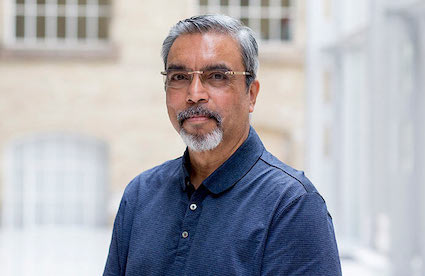When whistleblower protection doesn’t apply

(The Star) – Protection for whistleblowers can only be invoked if the person lodges a report with an enforcement agency or the authorities, legal experts noted.
They pointed out that this protection does not extend to those who have made public disclosures.
International Islamic University of Malaysia constitutional and administrative law lecturer Prof Dr Nik Ahmad Kamal Nik Mahmood said that whistleblowers received immunity from civil and criminal actions along with protection against disciplinary action or prosecution by the person against whom the disclosure of improper conduct had been made.
“However, the law does not cover those who openly disclose information in public. If a person openly exposes the information on social media, they cannot claim protection under the Whistleblower Protection Act as their identity is already revealed, which will invite detrimental action such as lawsuits, libel and defamation,” he said yesterday. In the case of anti-graft activist Lalitha Kunaratnam, he said she had revealed her identity willingly.
Malaysian Anti-Corruption Commission (MACC) chief commissioner Tan Sri Azam Baki has initiated legal proceedings against Lalitha over two articles entitled “Business Ties Among Leadership of MACC: How Deep Does it Go?”.
However, this had brought criticisms against the chief commissioner, with some accusing him of going after whistleblowers.
“The best place to channel grievances is in the Court of Law. The writer of the article needs to stand by her writing like any writer or journalist.“ If they are bound by strict journalist ethics, the law is fair to her as it is fair to the party that feels defamed by her writing,” said Prof Nik Ahmad Kamal.
Criminologist Dr Kassim Noor Mohamed of Nottingham Trent University also pointed out that a whistleblower could only seek protection if information or complaints were made to the authorities.“ Protection will, however, be revoked or seen to be invalid if the whistleblower himself commits inappropriate actions.
“This includes disclosing his identity and information to third parties, let alone to the media and on social media platforms,” he said.
Kassim said both Azam and Lalitha had the right to sue or defend themselves and that their rights should not be disputed.

